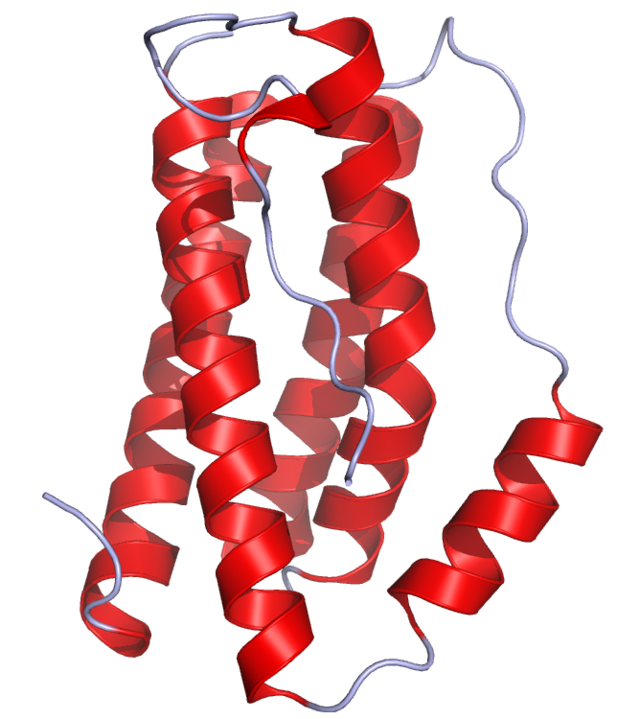Eating Walnuts and Other Tree Nuts May Lower Cholesterol
In a 2018 meta-analysis and systematic review published in the American Journal of Clinical Nutrition, researcher Marta Guasch-Ferré and colleagues shared their analysis of 26 studies of the effects of diets rich in walnuts on blood lipids and cardiovascular health. The studies included a total of 1059 participants. The walnut-heavy diets were associated with lower total cholesterol, lower LDL (“bad”) cholesterol, and lower triglyceride concentrations. They were also associated with lower apolipoprotein B, a component of LDL.
When walnut-enriched diets were compared to American diets and Western diets, the benefits of the added walnuts on total cholesterol and LDL cholesterol were even more dramatic. The researchers described a Western diet as high in red and processed meats, high-fat dairy products, processed and artificially sweetened foods, and with little intake of fruits, vegetables, fish, legumes, or whole grains.
Compared to control diets, the diets rich in walnuts did not cause weight gain or an increase in body mass index (BMI), and they also did not affect blood pressure.
The studies included in the meta-analysis lasted from four weeks to one year, with a mean length of 8 weeks. The amount of walnuts ranged from 15 to 108 grams per day. In most cases, participants were given whole walnuts to incorporate into whatever daily meal plan they were following, which in some cases was their usual diet and in others was an intervention diet such as a Mediterranean diet or a low-fat diet.
Another meta-analysis published in the American Journal of Clinical Nutrition in 2015 by Liana C. Del Gobbo and colleagues analyzed 61 studies about the effects of tree nuts on cholesterol and related measures, and similarly found that eating tree nuts lowers total cholesterol, LDL cholesterol, ApoB, and triglycerides. Del Gobbo and colleagues wrote, “The major determinant of cholesterol lowering appears to be nut dose rather than nut type.” Tree nuts include walnuts, pistachios, macadamia nuts, pecans, cashews, almonds, hazelnuts, and Brazil nuts.
Inflammation Predicts Depression Persistence
Links between inflammation and depression continue to be identified in new research. Researcher N. Vogelzangs et al. reported in a 2014 article in Neuropharmacology that inflammatory and metabolic dysregulation in antidepressant users predicted an outcome of depression two years later. Elevated levels of the marker of inflammation Il-6, low HDL (or “good”) cholesterol, high triglycerides, and high blood sugar were associated with poor response to medication and chronicity of depression. Of 315 people treated with antidepressants (average age 43), 138 were in remission at 2 years, while 177 (56.2%) were still depressed. People with four or more types of inflammatory or metabolic dysregulations had a 90% chance of still being depressed at 2 years.
Among inflammatory markers including CRP and TNF-alpha, IL-6 alone was associated with chronic depression. Il-6 can cross the blood-brain barrier. We have previously reported that researcher Scott Russo found that in rats in a depression-like state known as defeat stress (brought about by repeated defeat by a larger rodent), blocking Il-6 can prevent depressive behaviors such as social avoidance or loss of preference for sucrose.
Like inflammation, metabolic abnormalities also complicate depression. Lipid dysregulation and hyperglycemia are associated not only with depression persistence, but also with the new onset of depression in humans.
Vogelzangs et al. conclude that these data “ suggest that inflammatory and metabolic dysregulation worsens depression course owing to reduced [antidepressant] response and that alternative intervention treatments may be needed for depressed persons with inflammatory and metabolic dysregulation.”
It is noteworthy that a 2014 meta-analysis of the anti-inflammatory drug celecoxib (Celebrex) published by Farhad Faridhosseini et al. in Human Psychopharmacology, showed that the drug, often prescribed for arthritis, is effective for unipolar depression when added to patients’ regular treatment.
It remains to be ascertained whether celecoxib’s effects are seen in depression in general, or if they pertain only to the 30% of depressed patients who show inflammation at baseline. Typical markers of inflammation include Il-6, CRP, TNFa, and Il-1.
Statins, prescribed to lower cholesterol, also have anti-inflammatory effects, and are also effective in preventing depression.
Determining treatment approaches for those patients showing signs of inflammation or metabolic irregularities remains a high priority for study. The preliminary data noted here suggest that treating these dysregulations in those with depression may be useful.
Inflammatory and Metabolic Abnormalities Predict Poor Response to Antidepressants
 There is mounting evidence that inflammation and metabolic problems are related to depression. A recent study by Vogelzangs et al. in the journal Neuropsychopharmacology examined 313 patients being treated for depression to see whether levels of inflammatory markers in the blood and metabolic factors such as cholesterol, blood pressure, and waist circumference predicted whether those patients would still (or again) be diagnosable with depression two years later.
There is mounting evidence that inflammation and metabolic problems are related to depression. A recent study by Vogelzangs et al. in the journal Neuropsychopharmacology examined 313 patients being treated for depression to see whether levels of inflammatory markers in the blood and metabolic factors such as cholesterol, blood pressure, and waist circumference predicted whether those patients would still (or again) be diagnosable with depression two years later.
Several factors predicted later depression, including high levels of the inflammatory marker interleukin-6, low HDL (“good”) cholesterol, higher than normal triglycerides, and high blood glucose (hyperglycemia).
People who had four or more types of inflammatory or metabolic abnormalities had almost twice the odds of having chronic depression. Among those study participants who had only recently begun taking antidepressant medication, having four or more of these risk factors made them almost 7 times more likely to be depressed during follow-up.
One explanation for the connection between inflammatory and metabolic dysregulation and depression is that inflammation and metabolic problems worsen and complicate a patient’s depression and reduce the patient’s responsiveness to traditional antidepressants. Alternative ways of treating these patients aimed at their inflammation and metabolism may be necessary.



